| NADA guidelines provide clarity in changing times |
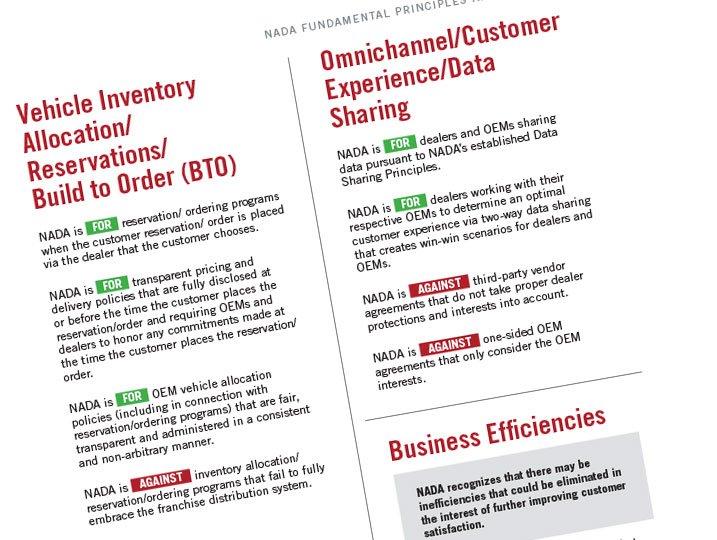
The auto industry is going through an array of profound changes, many of which could be detrimental for America’s franchised auto dealers: digital retail, the shift to electric vehicles, over-the-air updates. The emergence of new entrants — including Tesla, the dominant seller of luxury vehicles — that sell directly to consumers presents another significant competitive challenge.
As automakers have attempted to adapt to the new retail reality, dealers could be forgiven for assuming a defensive crouch — wary that each change could cut them out of future revenue or add unreimbursed costs. Where the next initiative would come from was as unpredictable as when it would stop.
The National Automobile Dealers Association was making the case that dealers are essential to bringing all of these technological advances to the American public and a competitive advantage for manufacturers. But both sides remained uneasy.
Now NADA is bringing out a position statement on its guiding principles on evolving business models and the dealer franchise system. It’s a helpful step toward a shared understanding of what dealers consider fair and what they find unacceptable.
It doesn’t attempt to micromanage or resolve issues in evolving franchise agreements. It doesn’t prescribe specific solutions. But by working with its members and affiliated organizations, NADA has put together a document that sets a foundation upon which difficult discussions can be held.
Early response has been fairly positive. Most brands declined to comment – especially those that haven’t been briefed. A few made generally agreeable statements about the benefits of working with their dealer-partners. State association leaders, some of whom were consulted in the drafting of the principles, said they are helpful, but noted they will need to be updated as the industry continues to evolve – because there’s no doubt that it will.
New technologies and evolving competition are constants in the auto industry. For retailers and manufacturers to work toward their common goals, clear and open communication is key. And this statement of guiding principles is a good step in that direction.
 |
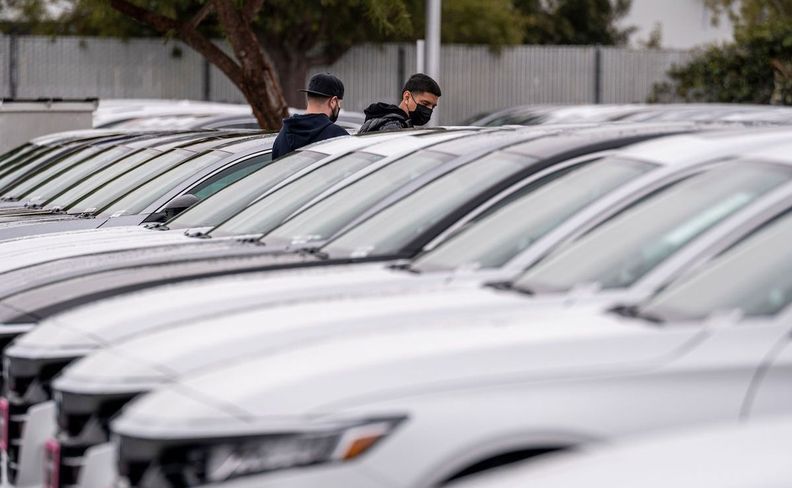
“We had lower interest rates for so long, particularly in the new-car market, people became accustomed to it. Now, it’s not the case.” |
— JESSICA CALDWELL, EDMUNDS’ EXECUTIVE DIRECTOR OF INSIGHTS, ON RISING AUTO LOAN RATES. |
 |
In Monday’s Automotive News:

Diversity leaders recognized: Now in its second year, Automotive News’ Notable Champions of Diversity features 18 industry executives who’ve demonstrated their commitment to improving diversity, equity and inclusion. They were selected by a panel of editors and reporters from nominations submitted by our readers. The honorees work in auto manufacturing, supply chain, marketing, retail, finance, technology and mobility. Their personal experiences inform their approaches to DE&I and fuel their passions.
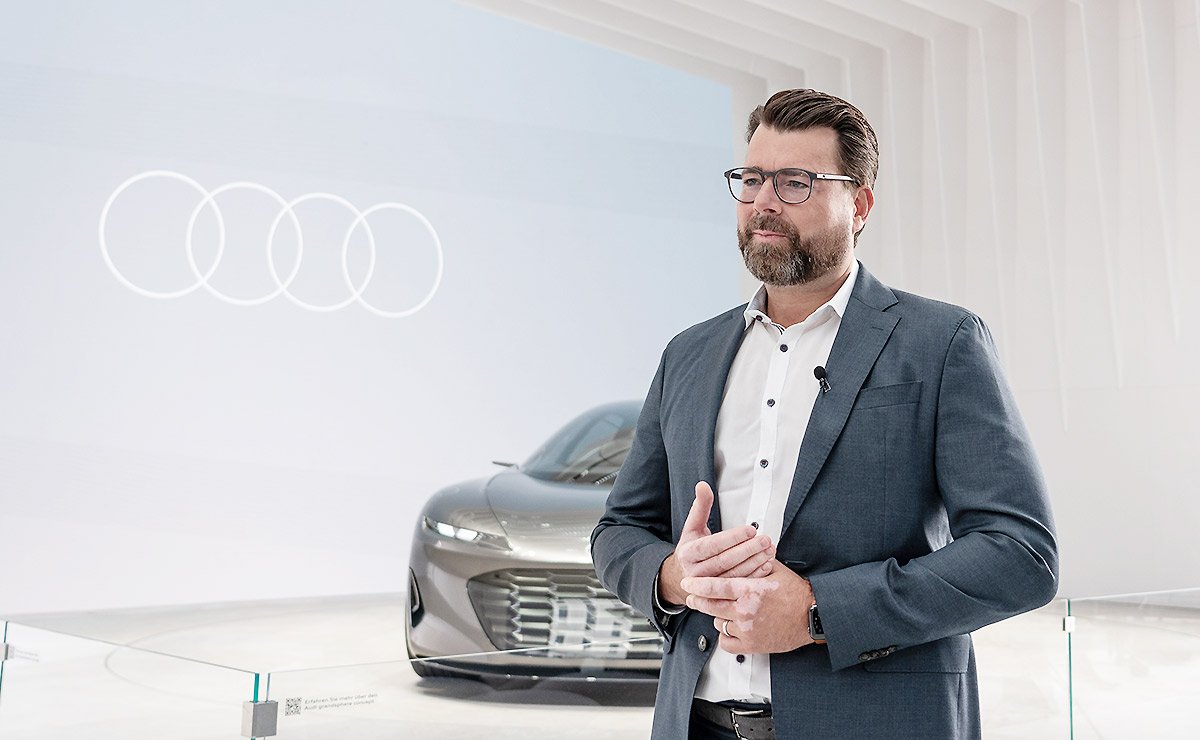
Will Audis be built in America someday? Federally funded electric vehicle tax credits contained in the Inflation Reduction Act signed into law this summer have VW, and especially Audi, taking a hard look at expanding its manufacturing footprint in North America — potentially including what would be Audi’s first plant in the U.S. Oliver Hoffmann, head of technical development for Audi AG, tells Automotive News in an exclusive interview that the new rules “will have a huge impact on our strategy” in North America.
 |
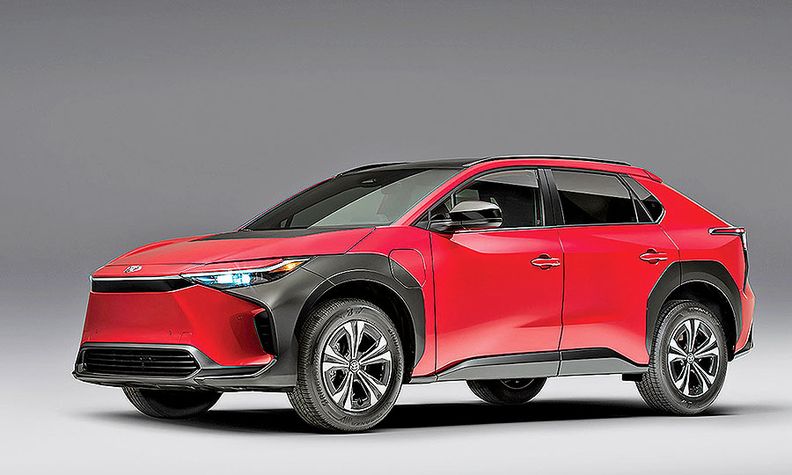
Toyota bZ4X EV fix: Toyota has a fix to keep the wheels from falling off its new bZ4X all-electric crossover, an embarrassing glitch that forced the world’s biggest automaker to recall the vehicle just two months after starting sales and stalled the company’s drive into electric vehicles.
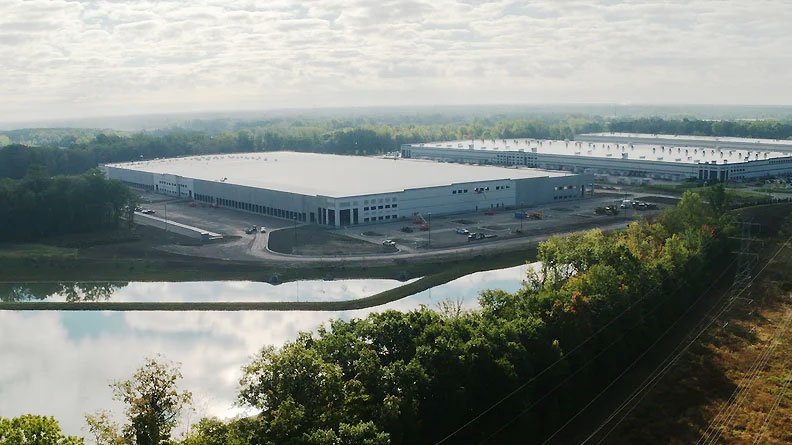
New battery cell plant for Mich.: Our Next Energy plans to spend $1.6 billion on a new battery cell plant in suburban Detroit and begin production of lithium iron phosphate cells and battery packs in 2024. The investment is backed by a $200 million grant from the state of Michigan and comes after the passage of the Inflation Reduction Act, which included provisions aimed at localizing the EV battery supply chain.

Fla. Porsche dealer sues factory: The Collection, a multibrand dealership in Coral Gables, Fla., is suing Porsche for $300 million, alleging the German sports car maker is withholding inventory because the dealership has not built a new stand-alone store.
 |
 |
 |
Oct. 13, 2014: Fiat Chrysler Automobiles started trading shares on the New York Stock Exchange. Stock opened at $8.98 and the price didn’t swing much during the day, closing at $8.92 a share — down 6 cents. Nearly 5.8 million shares changed hands.
